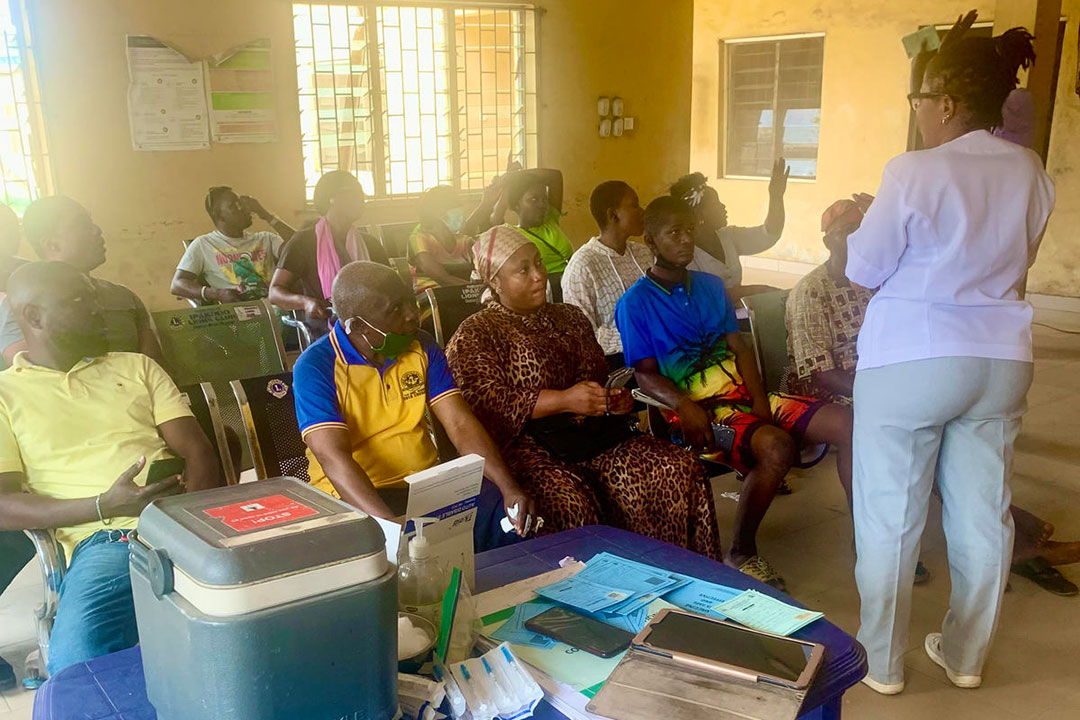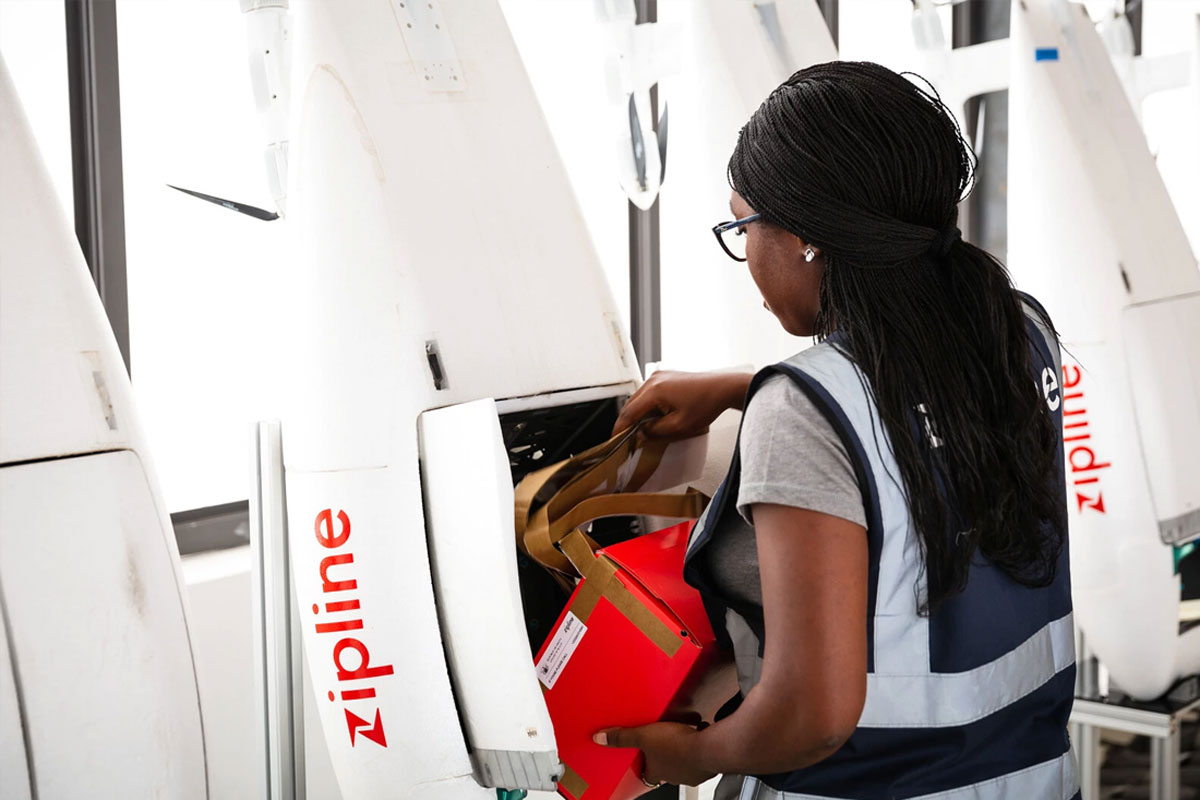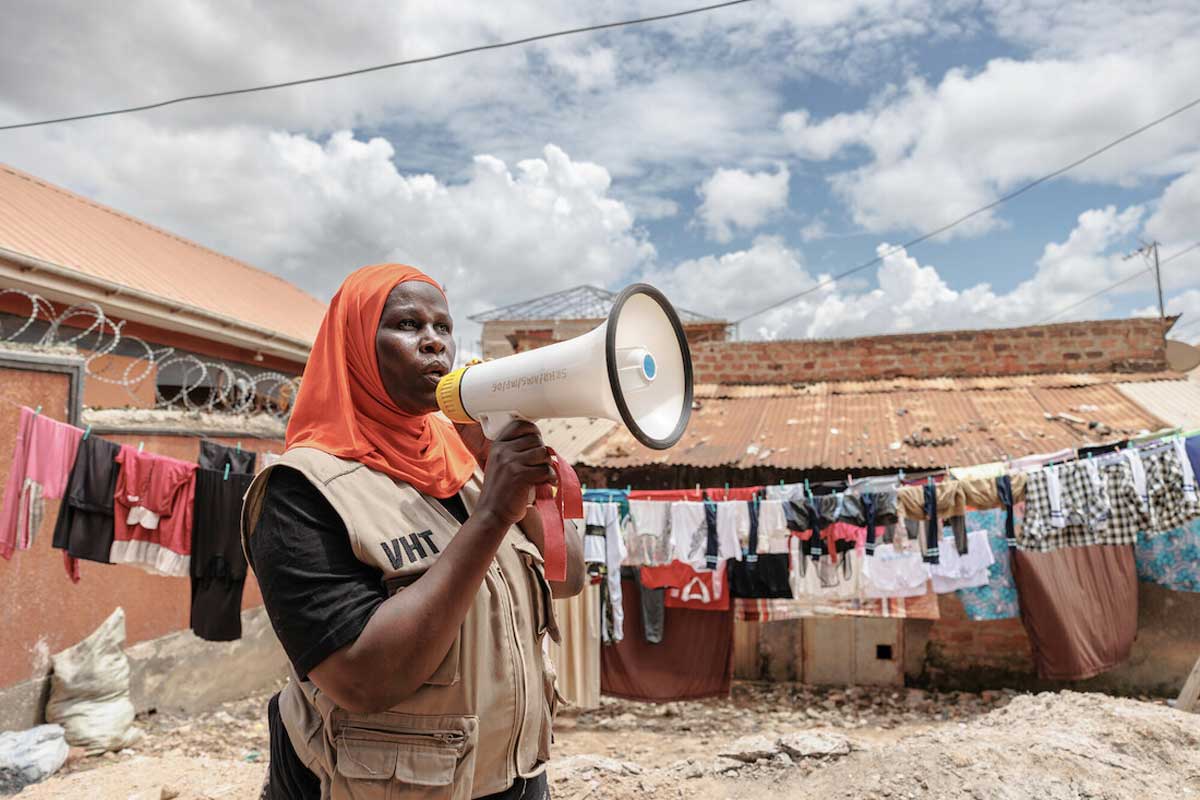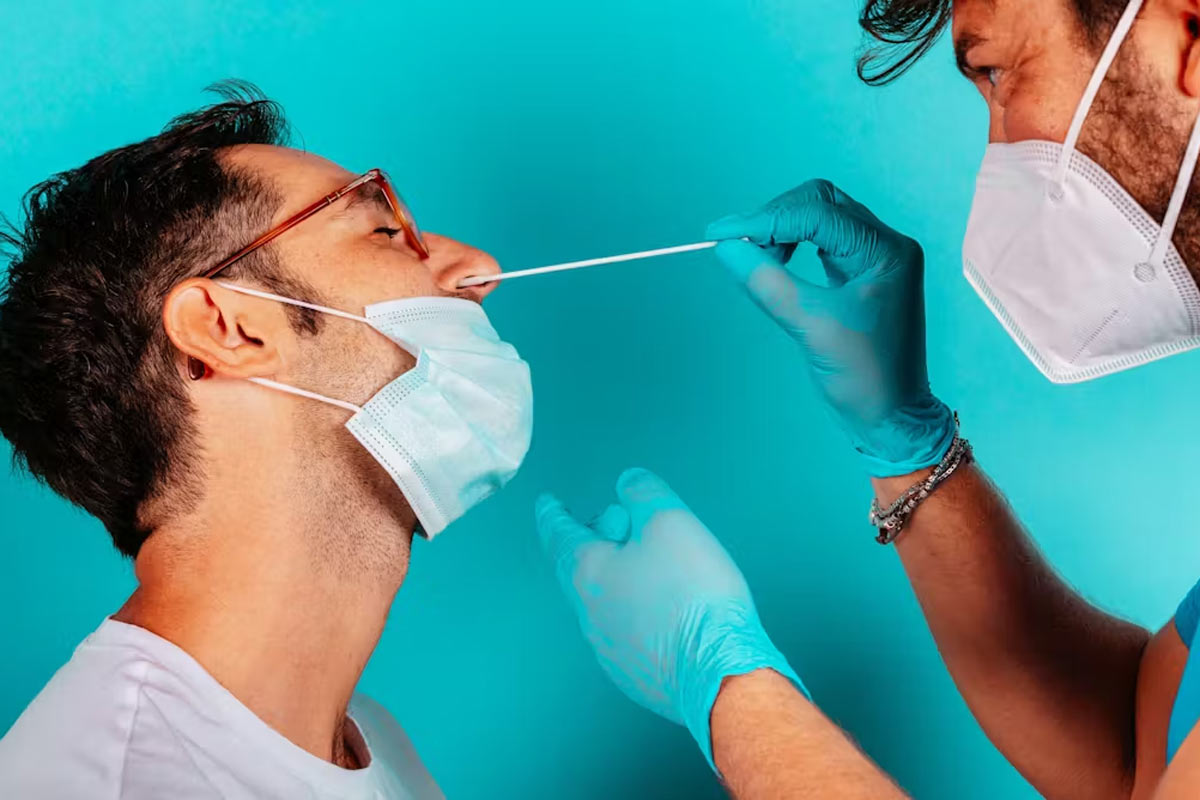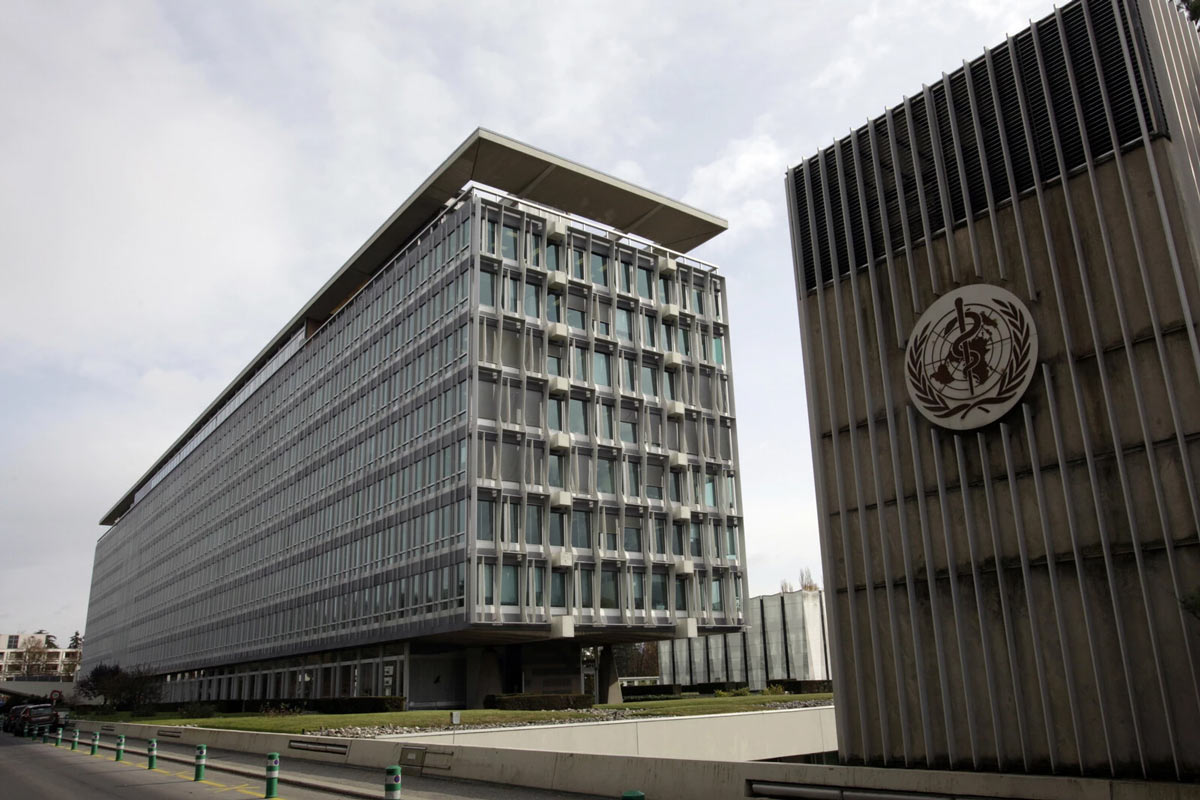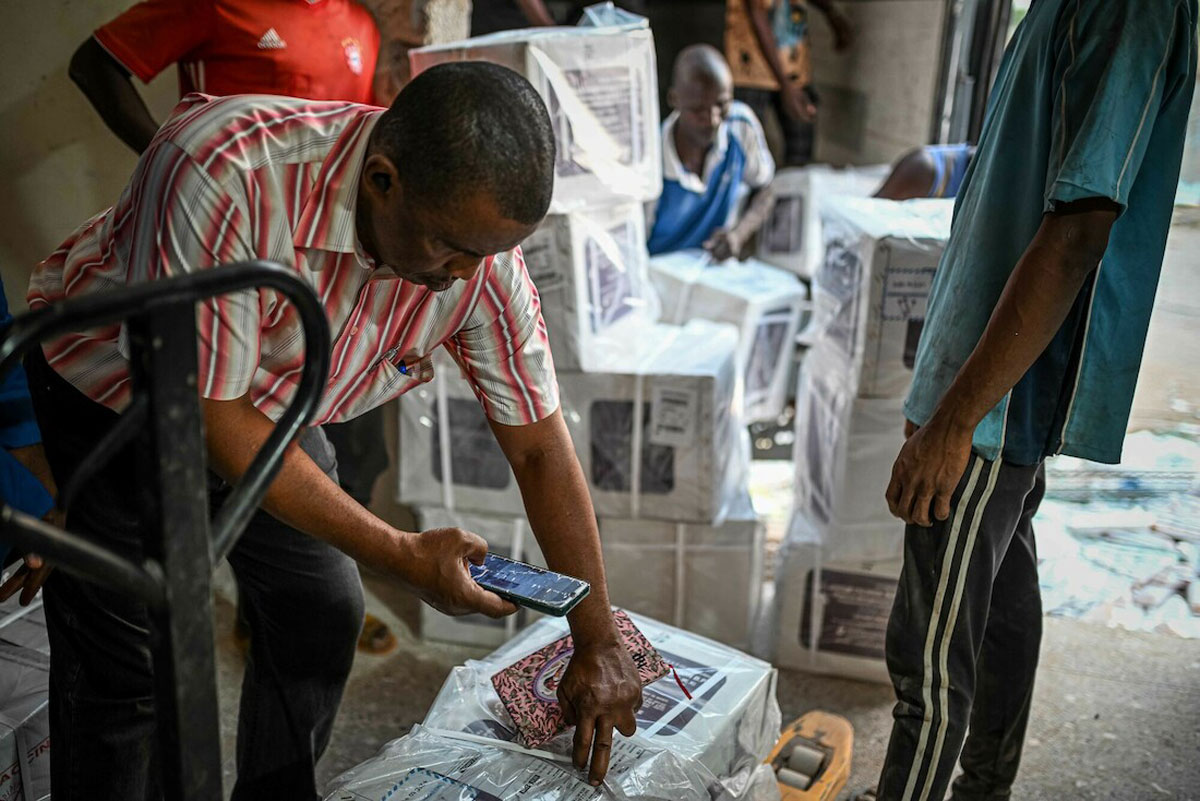“Mosquitoes must go”: a Nigerian community tackles malaria
While they wait for the vaccine, residents of this Lagos enclave are taking the fight to the malarial messengers.
- 21 March 2023
- 5 min read
- by Adesewa Adelaja
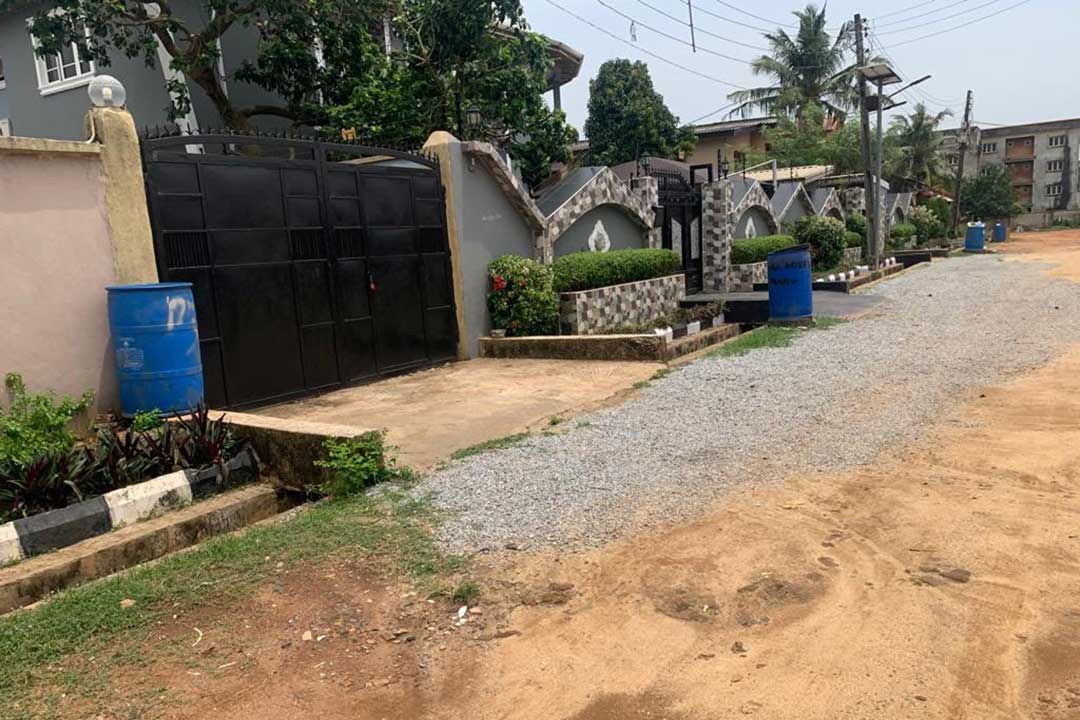
"There was a time it looked like we had a mosquito epidemic with many reports of mothers taking their kids to the clinic for malaria. It was at this point we decided that the mosquitoes must go," says Gabriel Fatoye, the Chief Security Officer in the Community Development Association (CDA) of a Lagos locality called GRA1.
Malaria remains a primary cause of childhood illness and death across the continent, killing almost 600,000 people in the WHO African region in 2021. And 2020's malaria body count – just under half a million – equated to one child lost every minute.
“Members of our community trust that we will act to protect ourselves from health emergencies.”
– Gabriel Fatoye, Chief Security Officer for the GRA1 community
The world's first malaria vaccine, a product named RTS,S/A01 and branded Mosquirix, has been rolling out in a pilot programme in Ghana, Kenya and Malawi since 2019, and is set to become available in other eligible endemic countries soon. In fact, in April, Gavi will be receiving a second round of applications from countries who hope to roll out Mosquirix later this year. But supply of the new vaccine is constrained, meaning that allocations will, for some time, remain focused on priority areas.
Nigeria is eligible, and Fatoye says his community is "looking forward" to the vaccine – but that doesn't mean that they have any intention of sitting back and waiting for its arrival. "Members of our community trust that we will act to protect ourselves from health emergencies," he explains.
That means declaring war on the mosquitoes that spread the deadly parasitic disease. Oluwafemi Odulaja, the Chairman of the GRA-1 CDA, says the community fumigates regularly, ensures that there are good drainage systems and proper refuse disposal, and liaises with health workers to give health talks. The primary defence measure remains the use of mosquito bed nets in homes, he says.

Credit: Adesewa Adelaja
In fact, mosquito management measures like these will remain crucial even after the anticipated ramp-up in vaccine production means the jab is more universally available later this decade. Phase 3 trials showed that a four-dose series of RTS,S is capable of reducing clinical malaria cases by 39%, and severe malaria by 30%. That means that while the vaccine is set to save millions of lives, it's hardly a silver bullet.
“The vaccine is life-saving, and I am sure it will be a success when it comes.”
– Nurse Halimat Alaya
Fatoye says, "We make sure that every member of the community has a refuse tank to minimise dirt flowing around. We enforce them to have at least two refuse drums, so we liaise with Lagos State Waste Management Authority, LAWMA, to pick the refuse on a regular basis. Another thing we do is that we make sure that the community manager moves around to know if there are buildings that has dirt in front. The executives then call the occupants of the houses together to see how they can get more refuse drums – we do this because if one house is not well managed, we cannot achieve our aim of eradicating mosquitoes.
Have you read?
"We were able to manage the drainage with the help of all the residents taking care of their frontage," Fatoye says.
"One of the strategies we employ is the use of eco-friendly insecticide. As much as we try to prevent and mitigate the impact of mosquitoes within our community, we are conscious of the health and safety impact of the insecticide deployed on our people and the environment," Chairman Odulaja explains.
According to Odulaja, "Another measure is advocacy, working in synergy with the health and environment workers, particularly at the local government level."
Nurse Halimat Alaya, a head nurse at the general hospital Ikorodu and a resident of the GRA1-CDA, is involved in mosquito management, and also helps in facilitating health education in the community. She says the community's efforts are seeing results: "There were testimonies of reduced malaria attacks due to the use of insecticide-treated mosquito nets, and follow-up was done to ensure compliance."
Nurse Alaya says that she and her colleagues are always excited about the health education initiatives, as it makes their work easier. In fact, she says, they are able to use the opportunity to make contact with elderly people who may need better access to health services.
"Creating awareness on the incoming malaria vaccine is in the plan. It will be a welcome idea to have the malaria vaccine as a means of preventing the disease. It is life-saving, and I am sure it will be a success when it comes," she adds.
"When they started the fumigation, waste disposal and prevention of drainage blockage drive, they involved the members of the community, which made everything a success."
– Stella Onyiyechi, resident
Fatoye says that the community is proactive about shared health security, and has built a "strong relationship" with local health workers. "The [community] executives make sure everyone is covered when it comes to vaccinations," he adds.

Credit: Adesewa Adelaja
A resident of the community, Stella Onyiyechi, says the work the chairman of the estate and executives are doing in relation to mosquito and malaria management has been impressive. "I like that they are driving this, despite the situation of the country when access to healthcare gets more difficult by the day. They are not only bringing health workers to care for people with different ailments, they also facilitate immediate transport to those who need urgent healthcare.
"When they started the fumigation, waste disposal and prevention of drainage blockage drive, they involved the members of the community, which made everything a success. We know what to do to prevent the recurrence of malaria, and we are looking forward to the information they will pass along on the malaria vaccine at the next community health talk."

